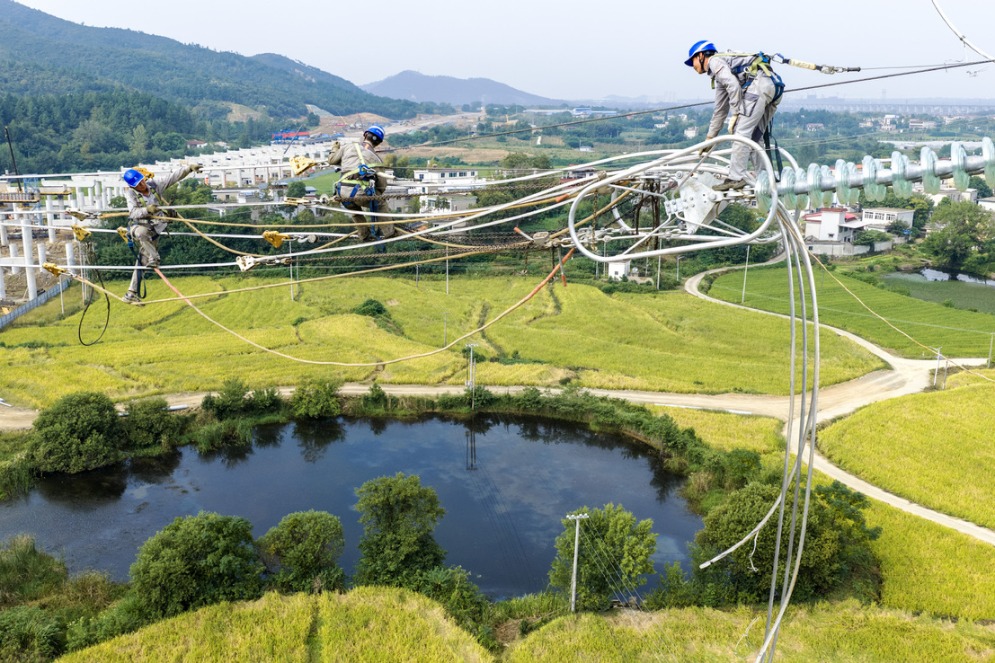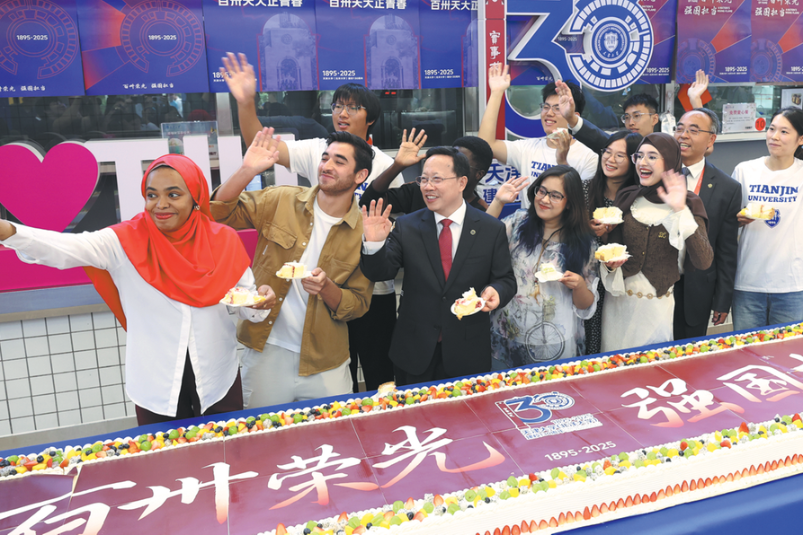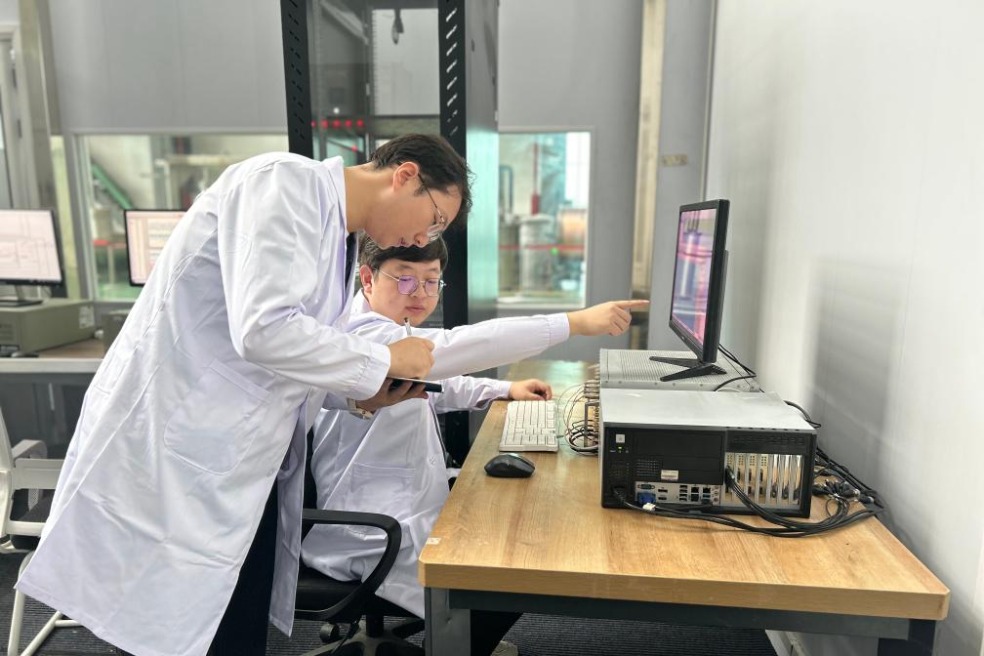Global South Research Center hosts webinar on strengthening multilateral trading system

The Global South Research Center (GSRC) held a webinar titled "Safeguarding Multilateral Trading System to Promote Global South Cooperation and Development" on May 13.
The event brought together leading global experts and policymakers to discuss the impact of unilateral trade measures and challenges to global growth, especially in the Global South, and opportunities for coordinated international responses.
Participants included Carlos Correa, Executive Director of the South Center; Coleman Nee, Chief of Forecasting of the World Trade Organization (WTO); Federico Bonaglia, Deputy Director of the Organisation for Economic Co-operation and Development (OECD) Development Centre; Richard Kozul-Wright, Senior Fellow at the Boston University Global Development Policy Center and Former Director of the Globalization and Development Strategies Division of UNCTAD; Arkebe Oqubay, Former Special Adviser to the Prime Minister of Ethiopia and British Academy Global Professor at SOAS University of London; Sudheendra Kulkarni, Adviser to India's former Prime Minister Atal Bihari Vajpayee and Founder and Chairman of the Forum for a New South Asia; Luciana Servo, President of the Institute of Applied Economic Research (IPEA) of Brazil; Assel Sarsenbayeva, Chairman of the Management Board at the Economic Research Institute (ERI) of Kazakhstan; and Carlos Oya, Head of the Department of Development Studies and Professor of Political Economy of Development at SOAS University of London. The session was chaired by Lu Hao, Minister of the Development Research Center of the State Council (DRC) and Chairman of the GSRC Council.
The webinar underscored that trade is a critical driver of global growth, a contributor to human well-being, and a cornerstone of international cooperation. Trade patterns, it was noted, emerge from comparative advantage and consumer-driven choices rather than from the decisions of any single government. Globalization, driven by deepening interdependence, was reaffirmed as an irreversible trend.
There was broad concern over the consequences of tariffs and trade wars. Such measures were seen as damaging to national welfare and global economic stability, particularly for low-income and trade-dependent countries. According to projections from the WTO, recent tariff hikes could cause global GDP growth in 2025 to fall by 1.1 percentage points, with merchandise trade and services trade declining by 2.9 and 1.1 percentage points, respectively.
The forum emphasized the importance of defending multilateralism and maintaining the integrity of the multilateral trading system. Participants called for solutions to be pursued through dialogue and negotiation based on equality and mutual respect. It was acknowledged that unilateral actions have led to widespread global opposition, while multilateral approaches remain the preferred path forward.
Discussions highlighted the increasing significance of South-South cooperation. Intra-Global South exports now account for over 40 percent of the region's total trade, and rising income levels are expected to expand consumer markets, providing new momentum for development. The need for enhanced policy coordination, economic diversification and shared platforms for trade and investment was widely recognized.
Trade imbalances in some major economies were attributed to domestic factors, such as mismatches between savings and investment, fiscal deficits and structural issues, rather than so-called "unfair practices" by trading partners. Tariffs were described as economically counterproductive, burdening consumers, disrupting supply chains, and weakening international credibility.
The discussions also brought attention to the growing clarity over which actors are escalating tensions and which are advocating stability. China's response was cited as a reference point for many Global South countries navigating similar challenges. Addressing the root causes of the current tensions, particularly the tariff issue, was identified as an urgent priority.
All participants agreed that the GSRC will convene at a follow-up seminar on trade and investment cooperation within the Global South, bringing together think tanks and business representatives to explore further opportunities for collaboration.
Today's Top News
- Xi, Singaporean president exchange congratulations on 35th anniversary of diplomatic ties
- Holiday boosts box office ambitions
- Plan to raise rewards for violation tips seen as big market boost
- China condemns US veto in UN of Gaza resolution
- Xi congratulates Tianjin University
- Newly developed 'NeuroWorm' a breakthrough






























